Do you need to give your garden a boost? Perhaps you are looking for ways to make your garden greener and keep pests away. Epsom salt could be the solution for you, no matter what reason.
Epsom salt (also known as magnesium sulfurate) is a naturally occurring mineral. It was discovered first in England’s Epsom. It is used internally for laxatives and to relieve aches and pains.
It is a valuable tool in the garden world, as well as its healing properties. Epsom salt can give plants, flowers and trees strong, healthy growth by adding a few drops to the soil. Epsom salt can also improve the taste of vegetables and fruits. Epsom salt can also be used to repel pests in the garden. Consider adding Epsom salt to your gardening toolbox next time you reach for your medicine cabinet. You can have amazing results in your garden with a little help of Epsom salt.
Continue reading to find out more about Epsom salt, how it can be used in your garden and the benefits you will get.
1. Nix garden pests
Garden pests can cause serious problems. Garden pests can be a real pain. You have spent hours caring for your garden and then they suddenly appear. Because they can quickly decimate leaves and flowers, slugs and snails are especially troublesome. There is an effective way to repel these pests: Epsom Salt.
Epsom salt will not kill snails or slugs but it will cause them to itch. This will make them avoid your plants and ultimately protect your garden. Epsom salt can also be beneficial for your plants’ health. Epsom salt’s nutrients will promote growth and protect against disease. Epsom salt is an effective way to protect your plants from pests and make them healthier.
2. Fruits and vegetables become sweeter and more delicious
Epsom salt helps in the growth and development of vegetables and fruit plants by increasing their chlorophyll. Higher levels of chlorophyll in plants produce more energy and more sugar. The sweeter the fruit, the more sugar is present.
3. Nightshades plants should be plentiful
Nightshade plants include some of the most well-known crops around the globe, such as tomato, eggplant, bell pepper and chili pepper. To produce high yields, all of these plants require a lot magnesium. Epsom salt is a great source of magnesium and can help improve the flavor of nightshades. Epsom salt is a good source of magnesium. It also improves drainage and reduces moisture stress. Epsom salt can also enhance the taste. Epsom salt can also improve the flavor of your nightshade plants.
4. Beautiful flowers and roses in bloom
The rose is one of the most iconic and beautiful flowers. These delicate blooms have been valued for their beauty and scent for centuries. Roses are notoriously difficult to grow and require careful attention. Epsom salt can give roses an extra boost by encouraging them to produce more flowers and deeper colors. Epsom salt is high in magnesium which aids in photosynthesis and strengthens plant cells. Epsom salt can make rose bushes more productive and vigorous. Epsom salt also affects the color, making them more vibrant and deeper.
Epsom salt can also help prevent pests and disease from affecting plants, making them more likely to flourish. Epsom salt is a lifesaver for gardeners who want to enjoy roses’ beauty without the hassle.
5. Cure for curling the leaves
Leaf curl refers to a condition where the leaves of a plant curl inwardly, giving it a distorted appearance. Mix 1 tablespoon (15ml) Epsom salt in the soil and water the plant. The Epsom salt’s magnesium will correct any nutrient deficiencies in the plant. After a few days, the leaves should start to curl.
6. A great lawn fertilizer
Your lawn may not be flourishing if it isn’t getting enough magnesium. For every 1,250 sq. feet (116 sq. meters) of grass, add 3 pounds (1.35kg) Epsom salt and water it.
7. Tree stump removal
Although stump removal can be expensive, Epsom salt may be a good option if you don’t have the funds. Then fill the holes with Epsom salt and drill into the stump to fill in the spaces. The stump will start to decay in a few weeks.
8. Remove stubborn weeds
Mix 2 cups Epsom salt and a gallon vinegar to reduce the time spent weeding. Add some liquid detergent to the mixture. Spray any weeds that you wish to get rid of with a spray bottle. Spray only the plants you want to save.
9. Maintains green leaves
Every gardener knows that the leaves are an integral part of a plant’s life cycle. They are the plant’s food factory, providing the essential nutrients it needs to thrive and grow. Your plants will stay green if you give them magnesium sulfate. For 12 inches (or 30 cm) of height, a tablespoon or 15ml will suffice. This can be used for one month.
10. Stops transplant shock
Transplant shock is one of the worst things that can happen for gardeners. It’s frustrating to watch a plant die after you have spent so much effort moving it to a new place. Transplant shock occurs when roots are damaged in transport. This can cause the plant to stop taking in nutrients and water, which could lead to death.
Transplant shock is possible, but it’s not always inevitable. Epsom salt can be used to aid plants in recovering from transplant shock. It is best to add Epsom salt to the soil surrounding your transplanted plants. This will help them to overcome transplant shock and flourish in their new environment.
11. Ability to remove splinters
Gardeners know the frustration that comes with dealing with splinters. No matter how careful or diligent you are, splinters will always sneak up on gardeners when they least expect it. Epsom salt is an effective way to get rid of splinters.
Mix 30ml Epsom salt and water together, then soak the area for a few moments. The salt will draw the splinter from your skin and make it easier to remove. Epsom salt can reduce swelling and ease pain. Epsom salt can be used to reduce swelling and pain when you have a splinter in your garden.
12. “Frizzle top”, the savior
Palm trees with yellow tops are a common sight in sunny climates. This is known as “frizzletop”, which can be a bad hairstyle. You can restore the health and beauty of your palms by spraying Epsom salt with water.
13. Fancy full ferns
A yellowing, sickly-looking or unhealthy-looking fern can ruin a garden’s appearance. They are not only unsightly but can also ruin the overall appearance of the plant bed. You can spray ferns or similar plants with Epsom salt and 1 tablespoon of water to create richer, darker leaves. Your plant will be grateful for this.
14. Improves nutrient absorption
It’s a great fertilizer that plants can use to increase their ability absorb more elements from the soil.
15. Perky potted plants
Pots are more magnesium-depleted than plants in the ground. You can prevent this by adding 2 tablespoons (30ml) Epsom salt to the soil once a month.
This ingredient can be so helpful for your garden! You now know! !

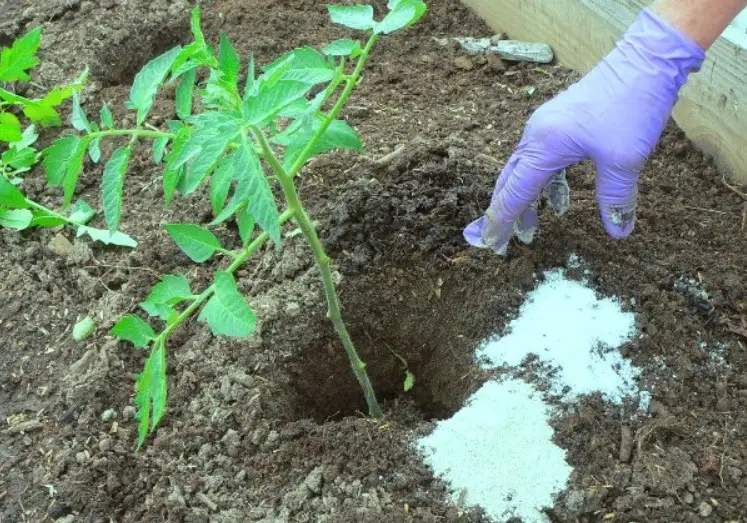
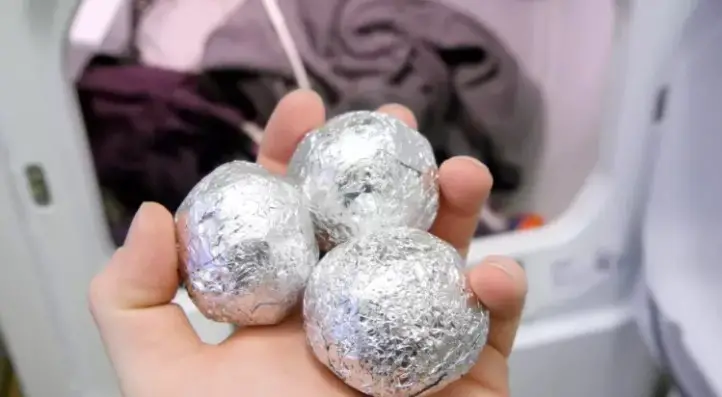




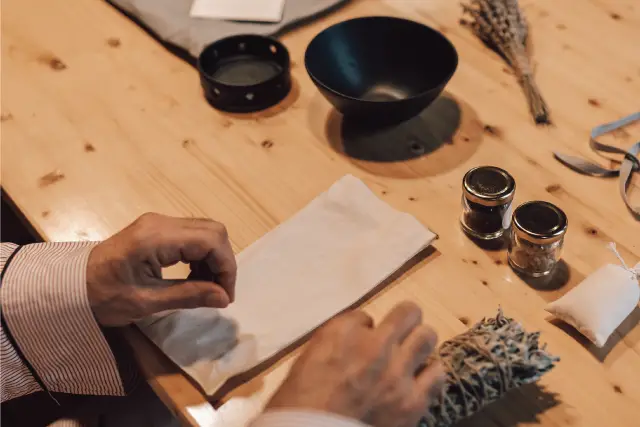
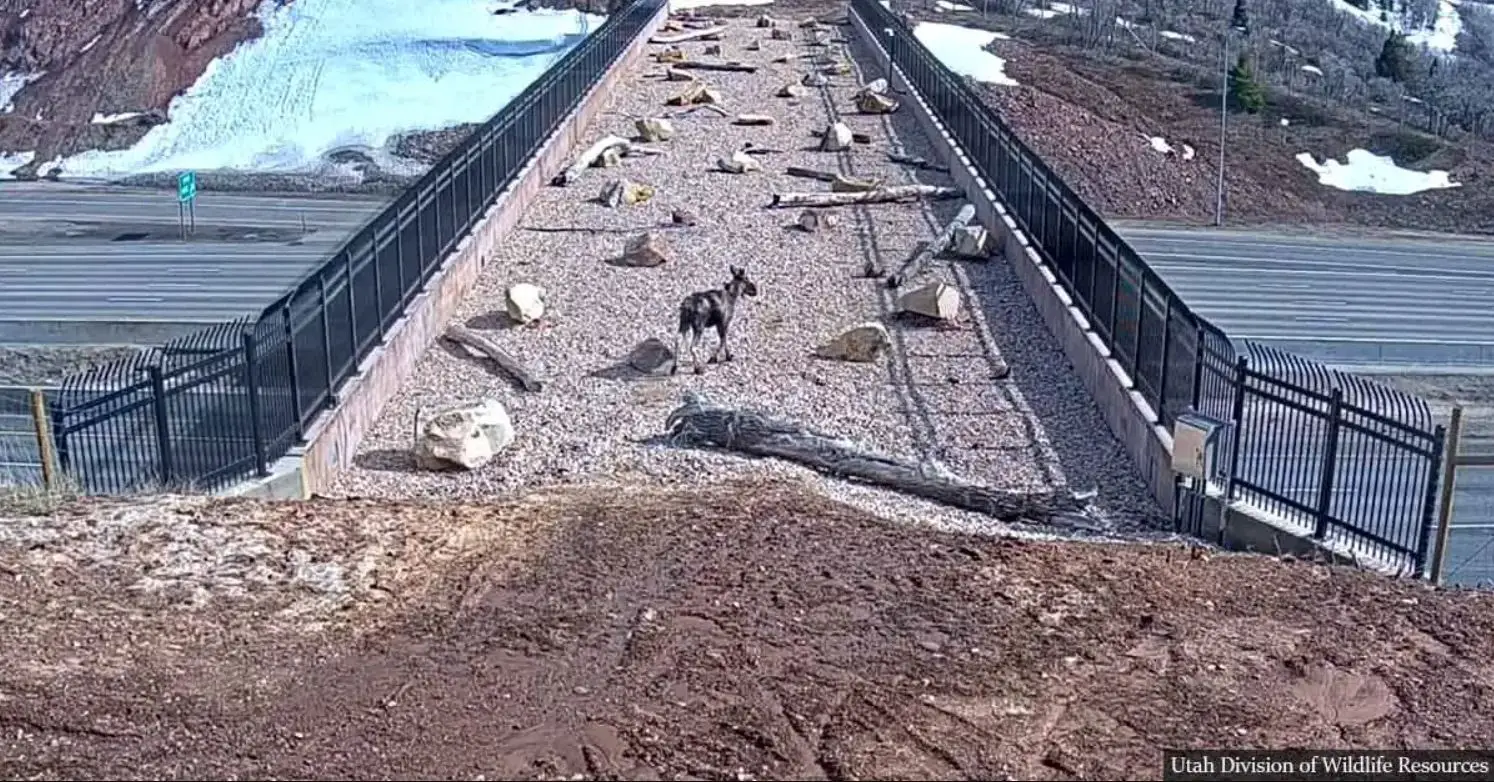
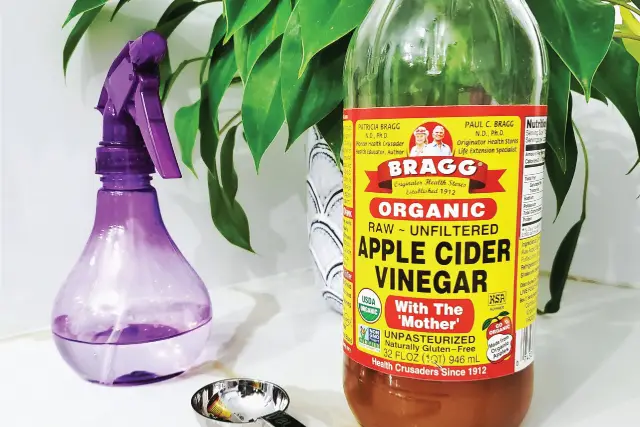
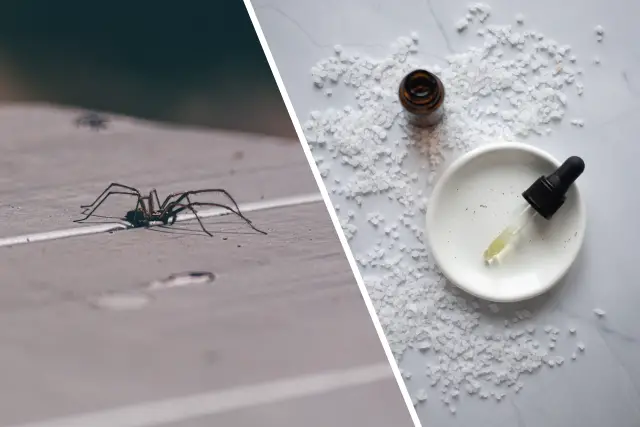
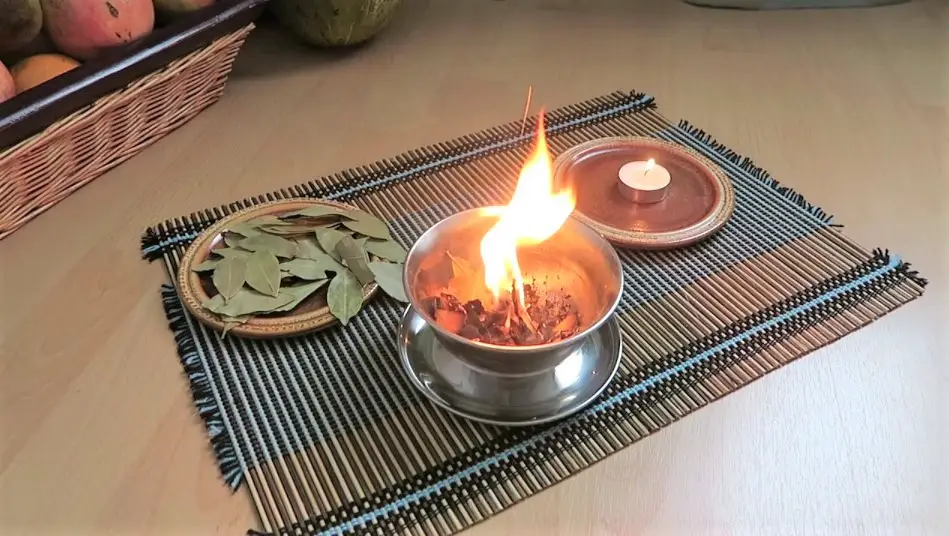

Leave a Reply